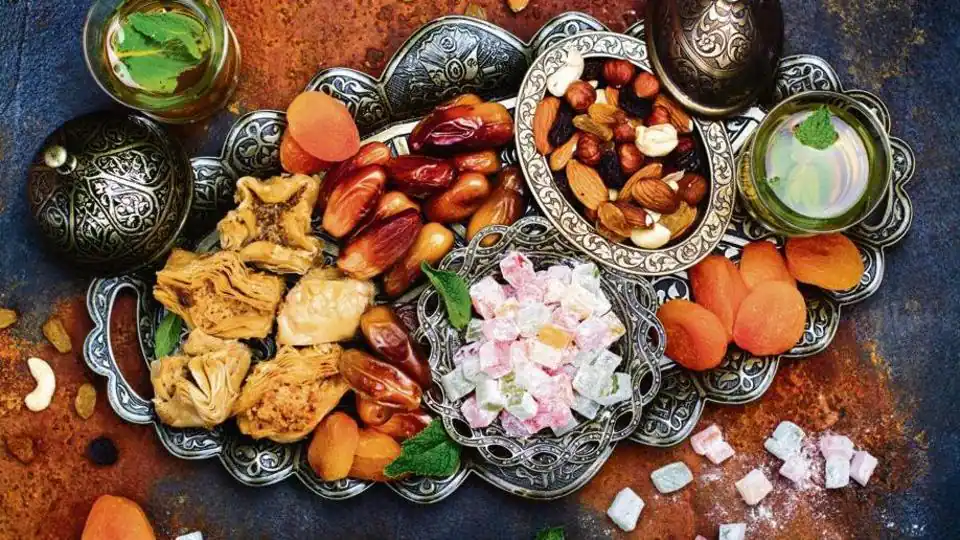
During Sehri (Suhoor) in Ramadan, it’s essential to choose foods that provide sustained energy and hydration throughout the day. Here’s a breakdown of foods to avoid and foods to include during Sehri:
Foods to Avoid:
Highly Processed Foods: Foods high in refined sugars, white flour, and unhealthy fats can lead to rapid spikes and crashes in blood sugar levels, leaving you feeling hungry and fatigued later in the day. Examples include sugary cereals, pastries, and heavily processed snacks.
Salty and Spicy Foods: These can lead to increased thirst and dehydration during the fasting hours. Salty snacks, pickles, and excessively spicy dishes should be consumed in moderation.
Caffeinated Beverages: While a small amount of caffeine can provide a temporary energy boost, it can also lead to dehydration due to its diuretic effect. Avoid or limit consumption of coffee, tea, and energy drinks during Sehri.
Carbonated Drinks: These can cause bloating and discomfort, especially on an empty stomach. Opt for hydrating beverages like water, herbal teas, or fruit juices instead.
Fried and Greasy Foods: Heavy, fried foods can be difficult to digest and may leave you feeling lethargic during the day. Minimize consumption of fried snacks, such as samosas or pakoras, and opt for lighter options.
Foods to Include:
Complex Carbohydrates: Whole grains like oats, barley, and whole wheat provide sustained energy release, keeping you feeling full and energized throughout the day. Consider options like oatmeal, whole grain bread, or brown rice.
Protein-Rich Foods: Protein helps to keep you feeling full for longer periods and supports muscle maintenance. Include sources such as eggs, dairy products, lean meats, legumes, and nuts in your Sehri meal.
Healthy Fats: Foods rich in healthy fats provide concentrated energy and satiety. Include sources like avocados, nuts, seeds, and olive oil in your Sehri meal for sustained energy.
Fruits and Vegetables: Fresh fruits and vegetables are rich in water, vitamins, minerals, and fiber, helping to keep you hydrated and satisfied during the fasting hours. Include a variety of colorful fruits and vegetables in your Sehri meal.
Hydration: Drink plenty of water and hydrating beverages during Sehri to prevent dehydration throughout the day. Coconut water, herbal teas, and diluted fruit juices are good options for staying hydrated.
Dates: Following the Sunnah (teachings) of Prophet Muhammad, breaking your fast with dates is a traditional practice during Ramadan. Dates provide a quick source of natural sugars and nutrients to replenish energy levels after a night of fasting.
Remember to listen to your body and choose foods that make you feel comfortable and energized during the fasting period. Aim for a balanced Sehri meal that includes a combination of complex carbohydrates, protein, healthy fats, fruits, vegetables, and hydration for a smooth fasting experience in Ramadan.